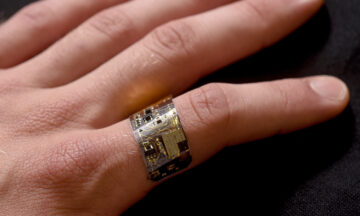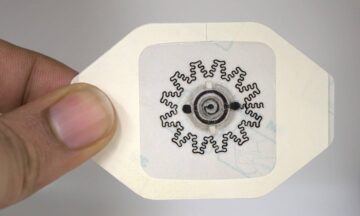
Recent Posts

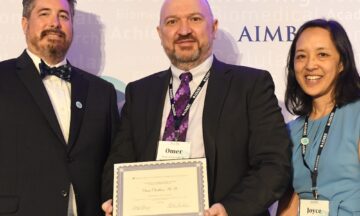
Oralkan Elected to AIMBE College of Fellows
This article was originally published here. The American Institute for Medical and Biological Engineering (AIMBE) has announced the induction of Omer Oralkan, professor of electrical and...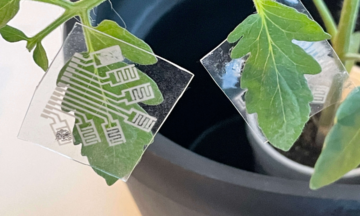
ASSIST and IConS Researchers Part of NSF Convergence Accelerator Grant
It seems almost impossible to imagine replicating the impressive olfactory sensing abilities of animals. Indeed, jewel beetles can detect a burning tree 50 miles away,...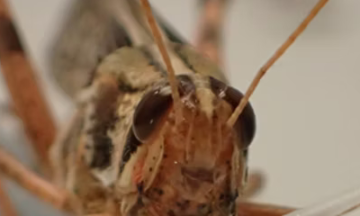
Alper Bozkurt and Team Win $4.3M Grant
A multidisciplinary team led by researchers at the McKelvey School of Engineering at Washington University in St. Louis (WashU) has received a $4.3 million grant from the National Science Foundation’s Integrative Strategies for Understanding Neural and Cognitive Systems (NCS) program. NC State ECE Distinguished Professor and ASSIST Center Co-Director Alper Bozkurt is part of the team, and Baranidharan Raman, professor of biomedical engineering at the McKelvey School of Engineering, is leading the study.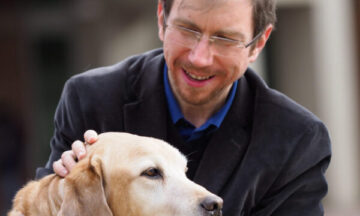
Alper Bozkurt Gains Support from Chancellor’s Innovation Fund for Wearable “EKG” for Dogs
Nowadays, a wristwatch can track your heart rate, measure your blood oxygen level and even give you an electrocardiogram test (commonly abbreviated as “EKG” or “ECG”). And plenty of pet owners probably wish they could afford to track their furry friend’s health in real-time the same way, too. Thanks to David Roberts and Alper Bozkurt, maybe one day they can.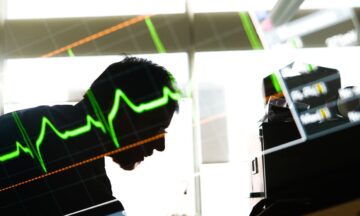
Alper Bozkurt Receives NSF Rules of Life Funding for Mussels Research
The U.S. National Science Foundation has announced funding for Alper Bozkurt’s mussels research under the Using the Rules of Life to Address Societal Challenges program.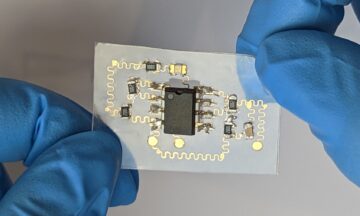
Reflections on Ten Years of ASSIST
Ten years ago, the ASSIST team set out to create disruptive, always-on wearable devices that would enable continuous monitoring for chronic disease management. We achieved this through unique co-engineering of energy harvesting, low-power systems-on-chip, low-power sensing and integration on flexible platforms such as textiles. ASSIST built these systems to meet the requirements of several key chronic health concerns such as asthma, cardiac disease, diabetes, and wound monitoring.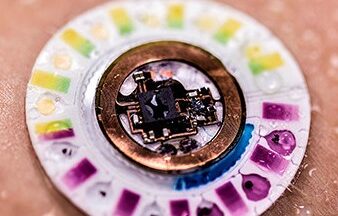
Here a sensor, there a sensor…
Meet some ECE faculty members who are putting sensors to use in new ways. This post was originally published here. Sensor technologies can be used to...